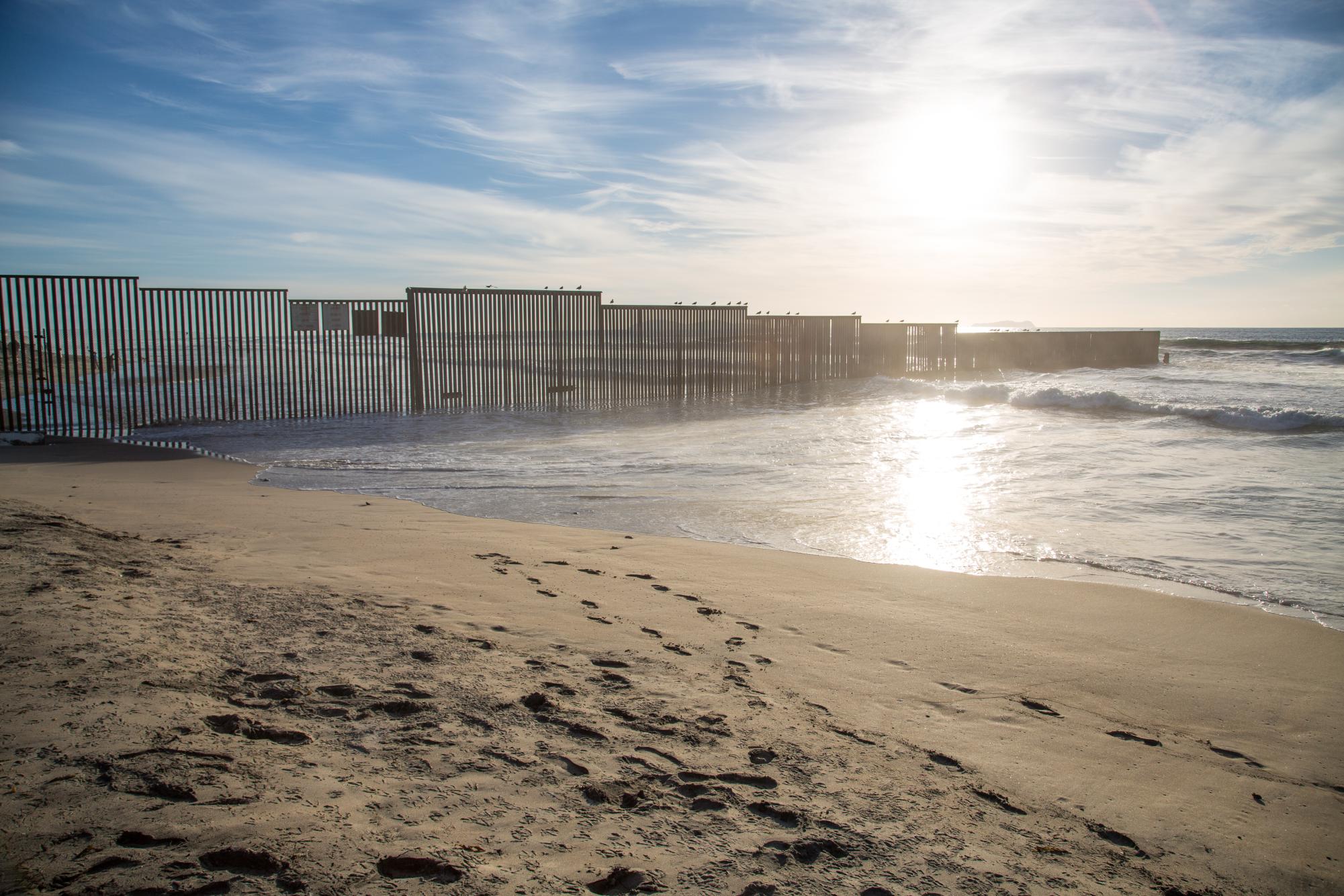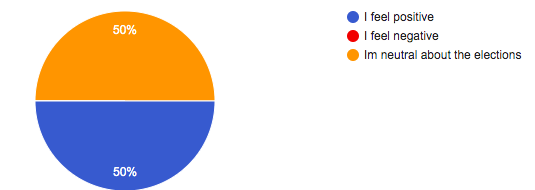Border security, drug cartels, immigration reform efforts, and mass deportation: the controversy surrounding immigrant legislation is central in this year’s presidential election, with this issue manifesting itself on September 10, 2024, during Kamala Harris and Donald Trump’s second presidential debate.
Though immigration was a prominent topic in both the presidential and vice-presidential debates, it isn’t anything new. The Immigration Act of 1924, the Homeland Security Act of 2002, and more recently DACA, established by Obama in 2012, all serve as notable historical examples that underscore the longstanding relevance of immigration.
During this debate, Harris largely shied away from the topic of border control, but perhaps doing nothing is better than vowing mass deportation.
Also during this debate, Trump took a stab at the Biden Administration, referencing the record-high migrant crossings from Mexico into the U.S. “[The Biden Administration] has destroyed our country with policy… They have to hate our country,” Trump said. His solution? The “largest domestic deportation operation in the history of our country.” With what resources he plans to deport nearly 11 million undocumented immigrants? Who knows, but with a crazy pipe dream and 56% of voter support, it’s on the verge of becoming our future.
So, what does this mean for the students here at MACES? While these arguments are being made in the broader context of the American people, it’s essential to focus on our own demographics. Many students here at MACES are children of immigrants, with 95.2% identifying as Latino/Hispanic.
Voting for immigration policies could lead to the deportation of family and friends. Nearly every family in the cities of Maywood, Bell, Cudahy, and Huntington Park will be impacted. Supporting policies that endanger our community—especially those proposed by a certain orange presidential candidate—could have devastating consequences.
With Election Day approaching on November 5, 2024, it is crucial for all of us to consider the human impact of our voting choices. We must advocate for policies that reflect our shared values of inclusion and support for immigrant families, ensuring that every voice is heard and that every story matters.














